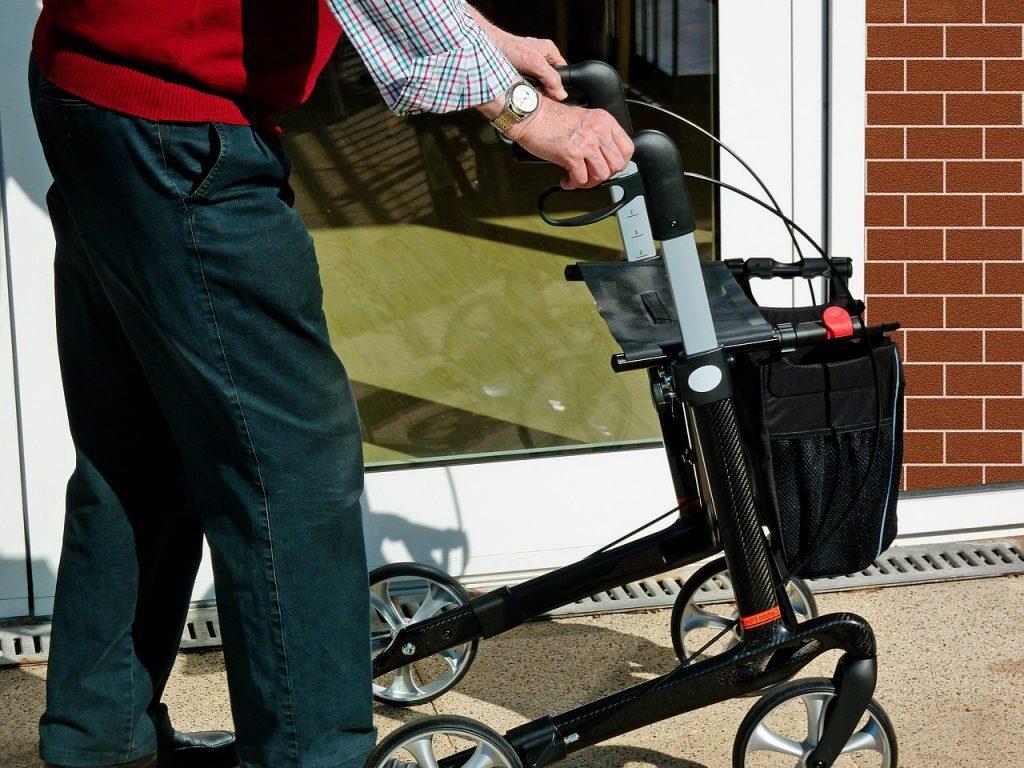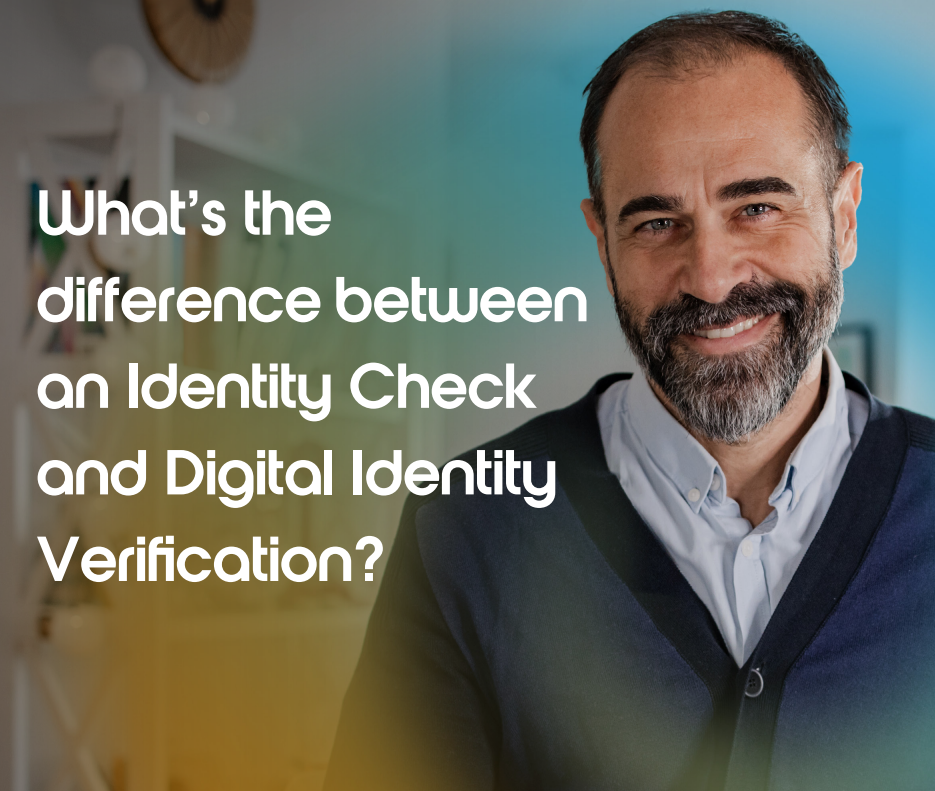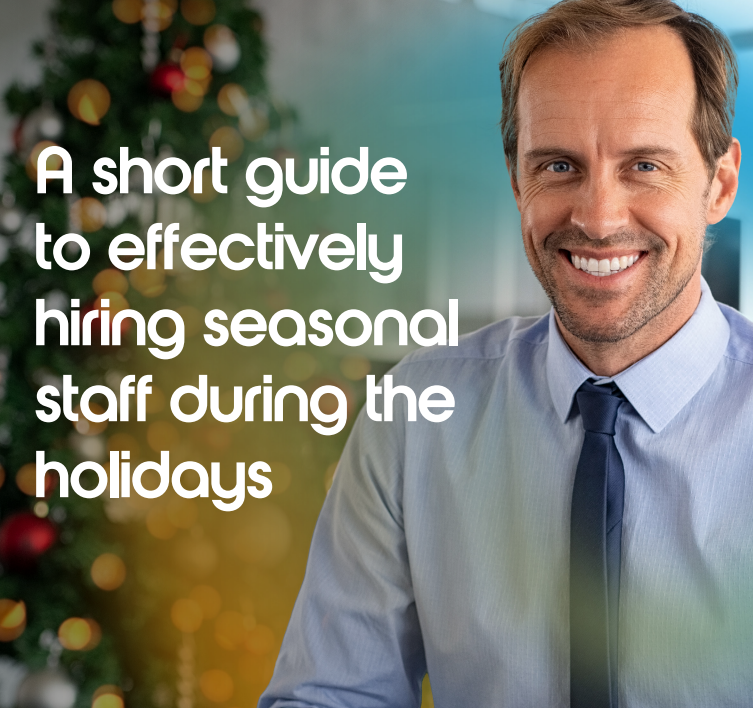Although the majority of people working in a care home will be eligible for a DBS check, working out which level of check is most suitable for each job type can be confusing.
Read on for an overview of the main points to consider when confirming who needs a DBS check in a care home, as well as which level of check is most suitable.
Working in a care home: Employees engaging in regulated activity
If you’ve had any involvement with requesting DBS checks before, you may have heard of the phrase regulated activity. But what does it actually mean? And how does it affect eligibility for people working in a care home?
If an employee engages in regulated activity, then they will typically be eligible for an enhanced DBS check with additional barred list check/s depending on which vulnerable groups they work with.
When working with vulnerable adults, regulated activity is roughly defined as the following six roles:
- Providing healthcare
- Providing personal care, such as assistance with eating and drinking, washing or going to the toilet
- Conveying a vulnerable adult to a healthcare or social work appointment
- Assistance with general household matters, such as paying bills on their behalf
- Providing social work
- Assistance in the conduct of the person’s own affairs
This means anyone engaging in any of these activities would typically be eligible for an enhanced DBS check with a check against the adults’ barred list, to ensure the individual is not barred from working with vulnerable adults.
An enhanced DBS check will detail any spent or unspent convictions the applicant has, as well as any reprimands, warnings or cautions they’ve received. An enhanced check also provides the opportunity for the local police authority to disclose any additional information they hold on, if they deem it relevant. Furthermore, checks against the children’s and/or adults’ barred list can be included as appropriate.
Examples of roles in care homes that this would apply to include nurses or other qualified healthcare practitioners, carers, anyone who transports residents to GP or hospital appointments or anyone who pays bills on behalf of residents because they are unable to do so.
Key point: Anyone who directly manages an individual who is engaging in regulated activity will usually also be eligible for an enhanced check, as set out in the legislation.
Working in a care home: Employees not engaging in regulated activity
Other employees working in a care home may still be eligible for a DBS check even if they don’t engage in regulated activity. In these instances, their eligibility for a check would be based on the frequency of working in a care home.
Typically, anyone working in a care home for at least two days in a 30-day period will be eligible for an enhanced DBS check. This does not necessarily need to be every month. For example, contractors working on site with this frequency will usually be eligible for an enhanced check.
This would also apply to those working in a care home but not engaging in regulated activity. This could include cleaners, administration staff and chefs within the care home.
Checks for these employees would not usually be eligible for a check against the barred lists, as they are not engaging in regulated activity.
How can you confirm the legislation and start requesting checks?
Be sure to get in touch with us if you have any further questions. You can apply for a number of DBS Checks through our simple online platform – most checks are completed within 48 hours. Get started now.
For confirmation of legislation or any queries with eligibility, you can contact the Disclosure and Barring Service, or if you’re regulated by them, the Care Quality Commission.







